
Technology has changed how we live, work, and discover. As children become more digitally attached, parents and teachers rely on educational apps to make knowledge confronting and satisfying. But with such multiple choices, how do you select the best apps for your kids? Let’s explore the world of free educational apps for kids, their advantages, the top offers, and how to secure a safe and balanced experience.
Benefits of Educational Apps
Educational apps offer a capacity of benefits that traditional knowledge techniques do not. They’re available and suitable, allowing kids to discover at their own pace and on their own time. Interactive features like games, examinations, and animations make learning more interesting and unique. Plus, educational apps can cater to different knowledge styles, suggesting a personalized experience that can extend understanding and retention.
How to Choose the Right Educational App
Choosing the honourable app requires some analysis and respect. First, consider your child’s age and developmental steps. Some apps are developed for toddlers, while others are more reasonable for younger kids. It’s also paramount to evaluate the subject matter, whether you’re analyzing math, science, language skills, or general knowledge apps. Yet, review the app’s reviews and ratings, ensuring that it is from an honourable developer and doesn’t contain an unsuitable capacity.

Top Free Educational Apps for Kids
Let’s explore some of the top free educational apps for youngsters. This checklist protects a range of matters and age groups, ensuring something for everyone.
ABCmouse: Ideal for early learners, this app suggests a comprehensive curriculum protecting reading, math, science, and art. It uses interactive games and exercises to keep kids committed.
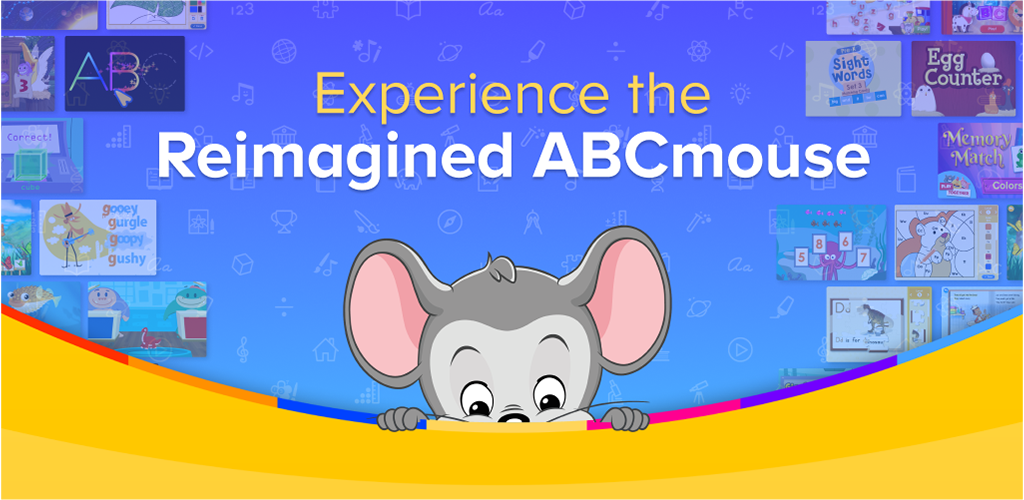
Khan Academy Kids: – Aimed at children aged 2-7, this app features a learning module covering reading, math, and more. The best part? It’s thoroughly free, with no ads or in-app assets.
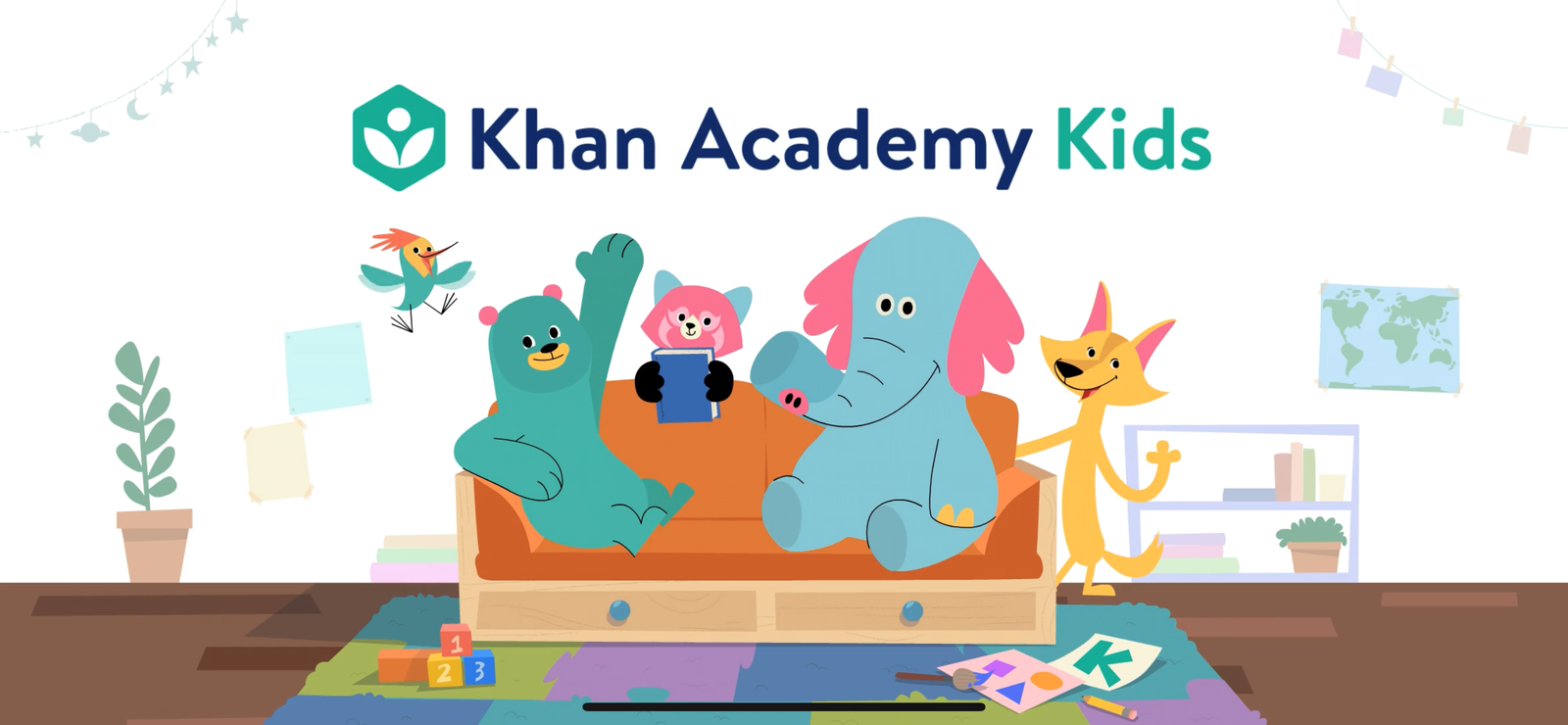
Duolingo: Ideal for language learners, Duolingo delivers interactive tasks in multiple tongues. It’s fun and comfortable, making it excellent for kids and grown-ups.
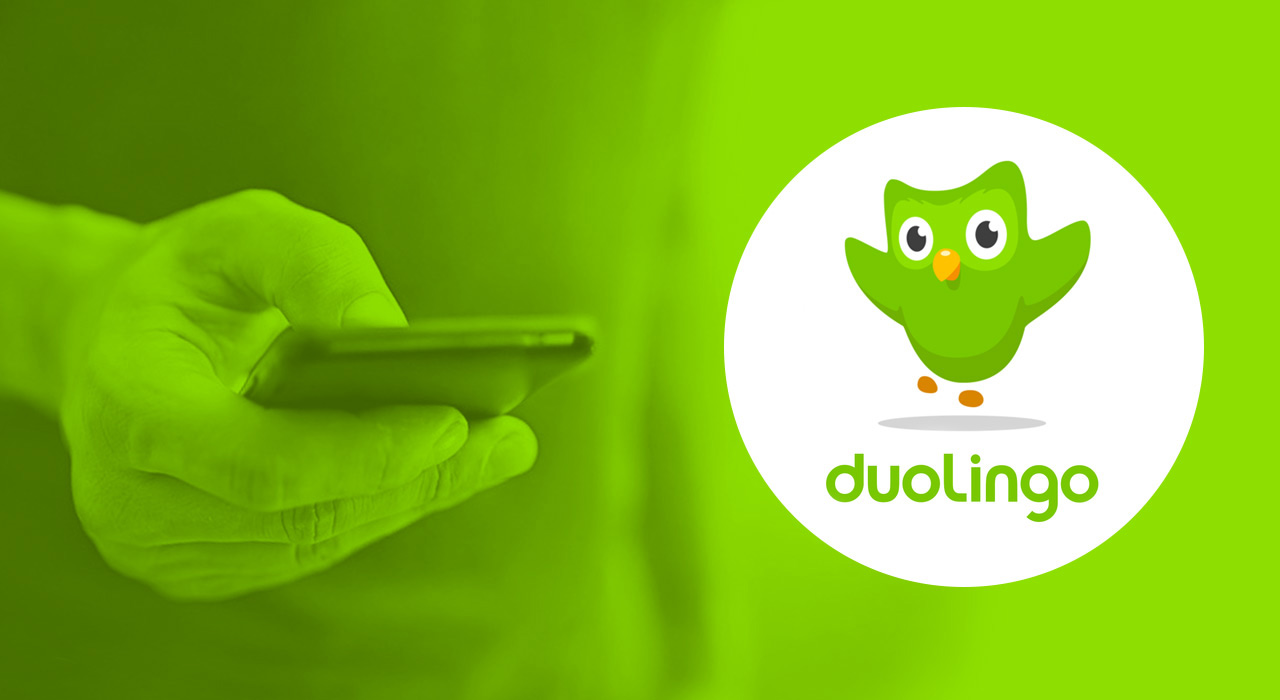
ScratchJr: ScratchJr lets kids who are curious about coding complete their levels and games. It’s an excellent way to guide the basics of programming delightfully and creatively.
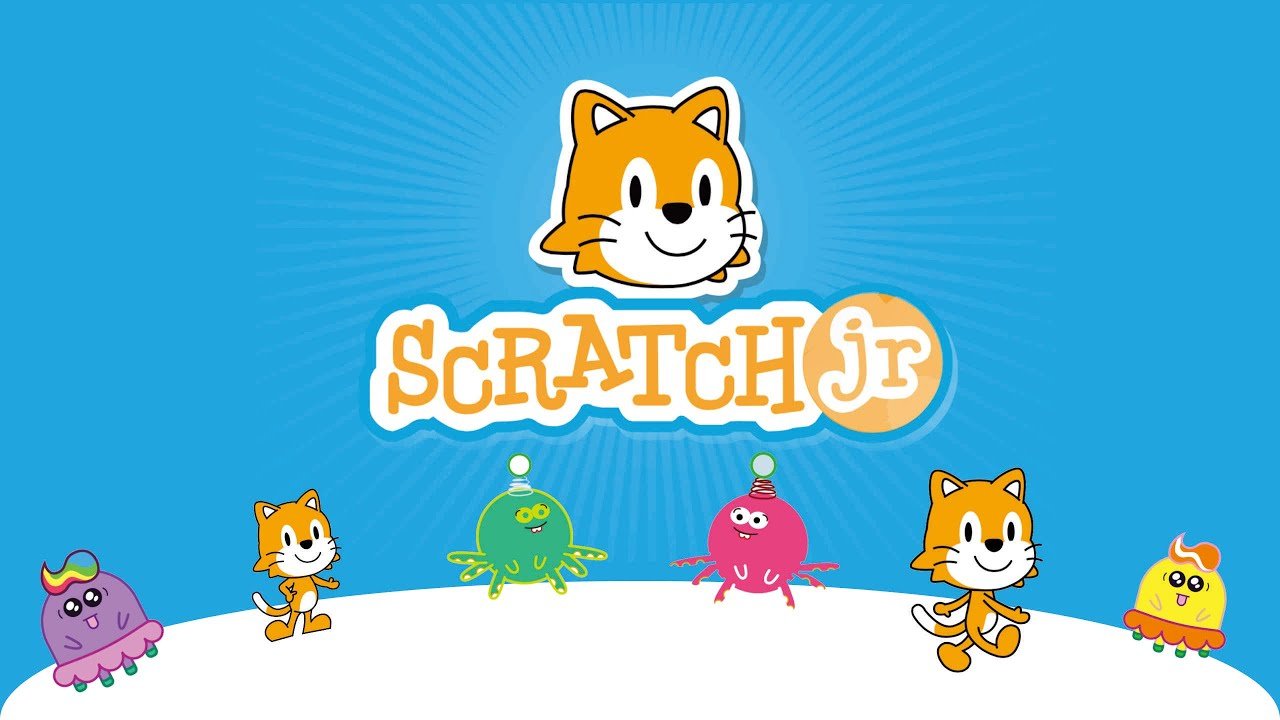
Epic! This digital library offers thousands of children’s readers, audiobooks, and educational videos. It’s a great resource for encouraging a passion for reading.

App Safety and Security
When it comes to educational apps, safety and security are essential. Parents should ensure that apps are free from dangerous range, ads, or unsuitable in-app purchases. Many educational apps suggest parental management, allowing you to monitor your child’s movement and set screen time limits. Educating kids about online security and encouraging open communication about their app experiences is also essential.
Learning with Fun
Educational apps don’t have to be all work and no space. Some of the best apps integrate learning with fun, using games and interactive activities to keep kids engaged. This approach makes education satisfying and can help kids create a lifelong love of learning. Apps like “ABCmouse” and “Khan Academy Kids” use colourful graphics, animations, and playful surfaces to create a captivating learning environment.
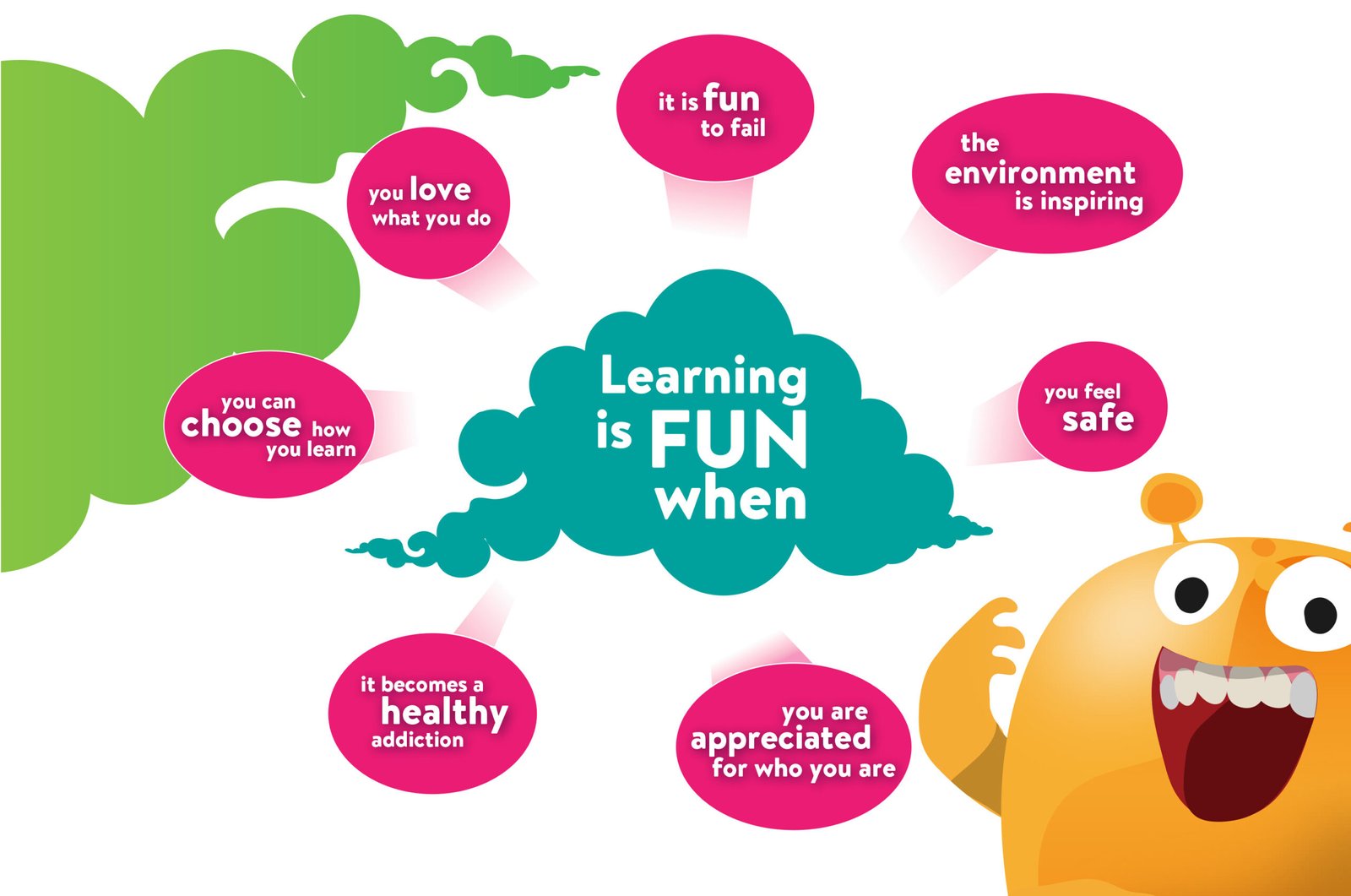
Developing Critical Skills
Educational apps can also assist kids develop originality, problem-solving, and collaboration skills. Apps like ScratchJr encourage kids to think creatively and test with coding thoughts. Some apps, such as Duolingo, improve language skills, while others, like Khan Academy Kids, centralize math and literacy. These apps offer a unique opportunity for kids to build useful skills while having pleasure.
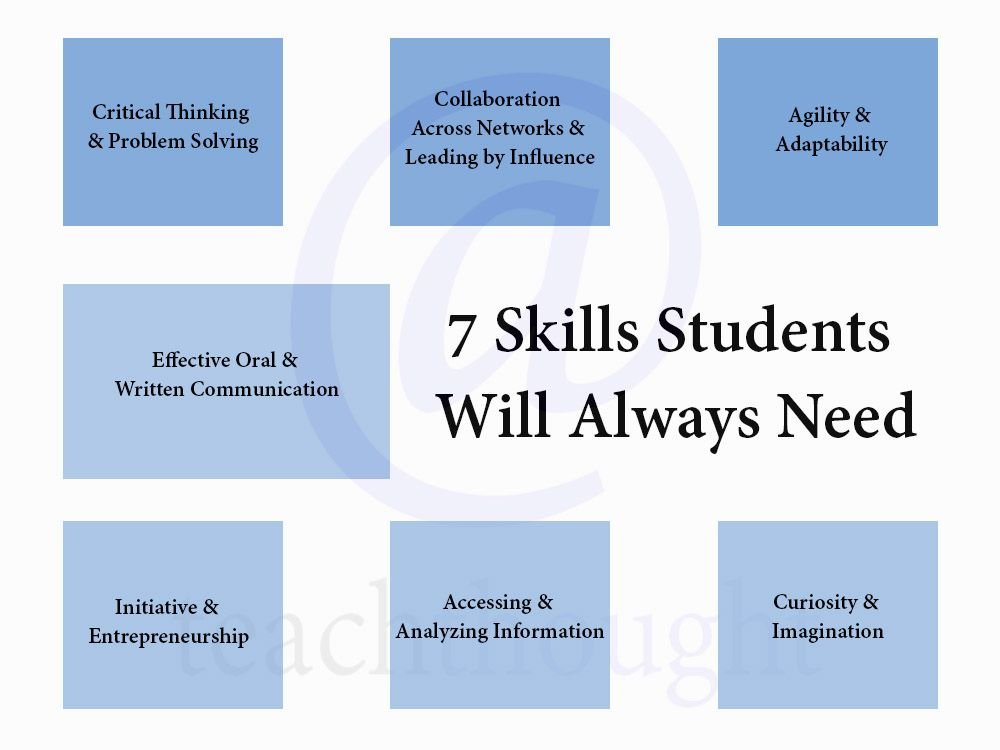
Free Educational Apps for Kids: The Complete Checklist
Here’s a more intricate analysis of the top free educational apps for kids:
ABCmouse: As noted, this app is perfect for early apprentices. It suggests a complete curriculum with interactive games and exercises.
Khan Academy Kids: This app is free and shields the complete content of matters for youthful youngsters.
Duolingo: Duolingo is a fun and attractive choice for teaching your child a new tongue.
ScratchJr: This app presents kids with coding in a way that’s delightful and accessible.
Epic!: With thousands of children’s books, audiobooks, and academic videos, Epic! is a great resource for encouraging reading.
PBS KIDS Games: This app features games and activities with beloved PBS characters and covers various educational topics.
Starfall ABCs: This app helps young children learn the alphabet through interactive songs and games.
Thinkrolls: A logic-based puzzle game that encourages problem-solving and essential thinking talents.
CodeSpark Academy: Another coding app that guides kids through the basics of programming via fun workouts.
Endless Alphabet: This app helps children learn new words through engaging animations and fun puzzles.
These apps shield various educational requirements and interests, supplying well-rounded knowledge for kids of all ages.
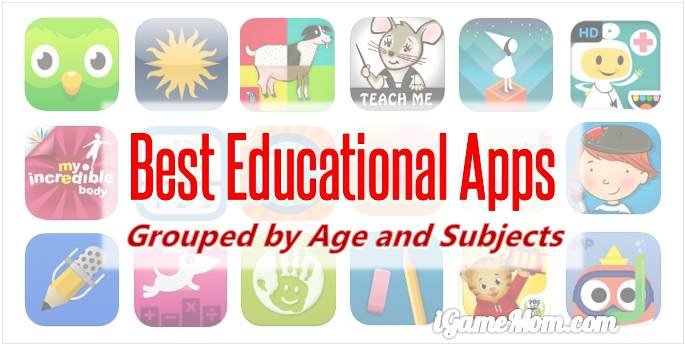
Parental Controls and Supervision
Parental controls and supervision are required to ensure secure learning knowledge. Many educational apps suggest tools to monitor usage, set screen time limits, and block inappropriate ranges. Parents should use these features and regularly interact with their kids about app adventures. It’s also important to encourage a balanced approach to knowledge, integrating digital and standard activities.
Encouraging a Balanced Learning Experience
While educational apps are a great resource, they should not be the only basis of knowledge. Parents should encourage a proportional approach by containing physical activities, reading books, and engaging in other non-digital educational understanding. This approach allows kids to develop well-rounded skills and prevents screen dependence.

Suggestions for Expand the Benefit of Educational Apps
To achieve the most out of educational apps, follow these suggestions:
Set a Schedule: Establish a pattern for app usage to ensure kids aren’t spending too much time on screens.
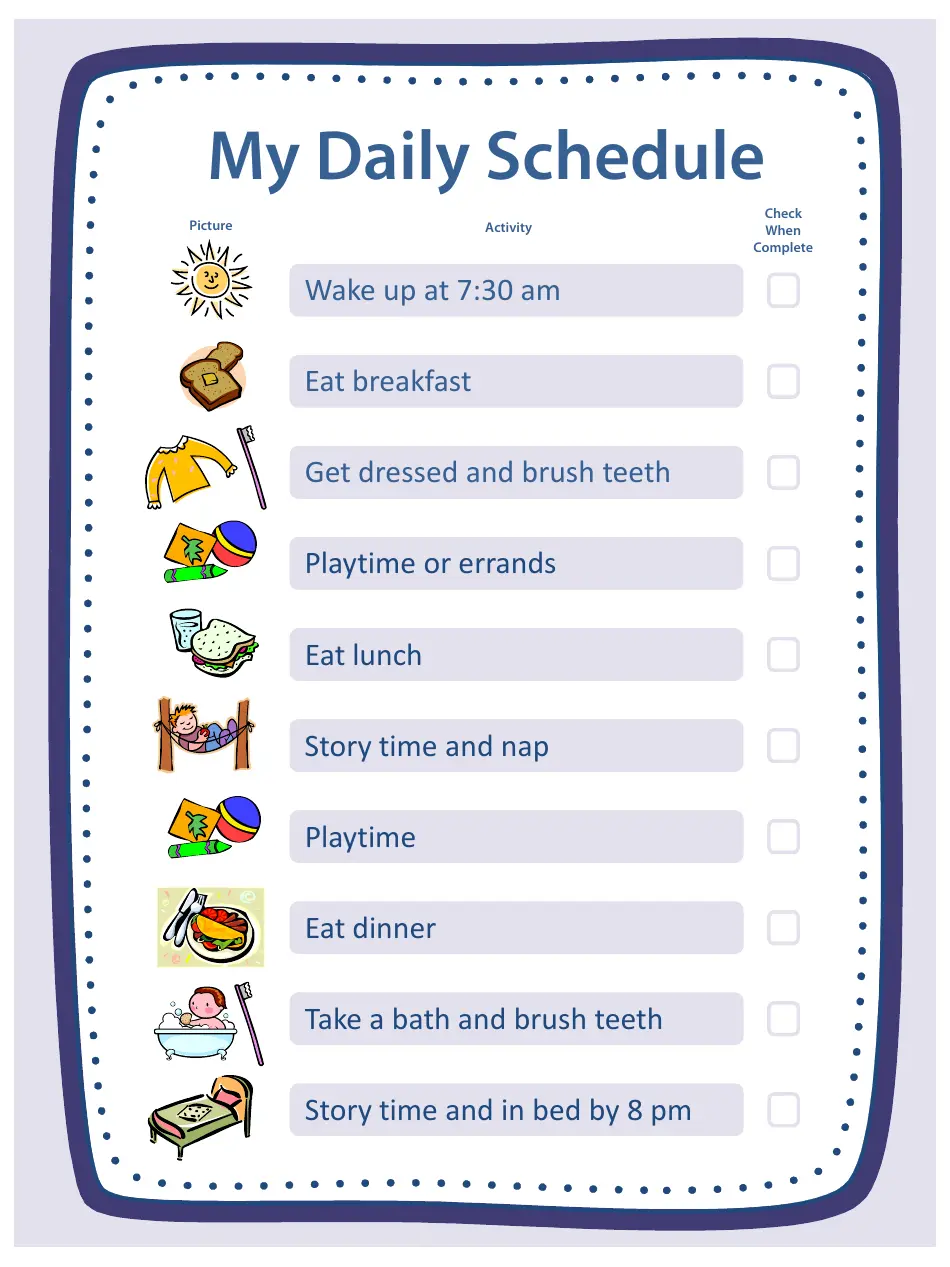
Combine with Offline Activities: Encourage kids to get involved in what they’ve realized through crafts, games, or outdoor exercises.
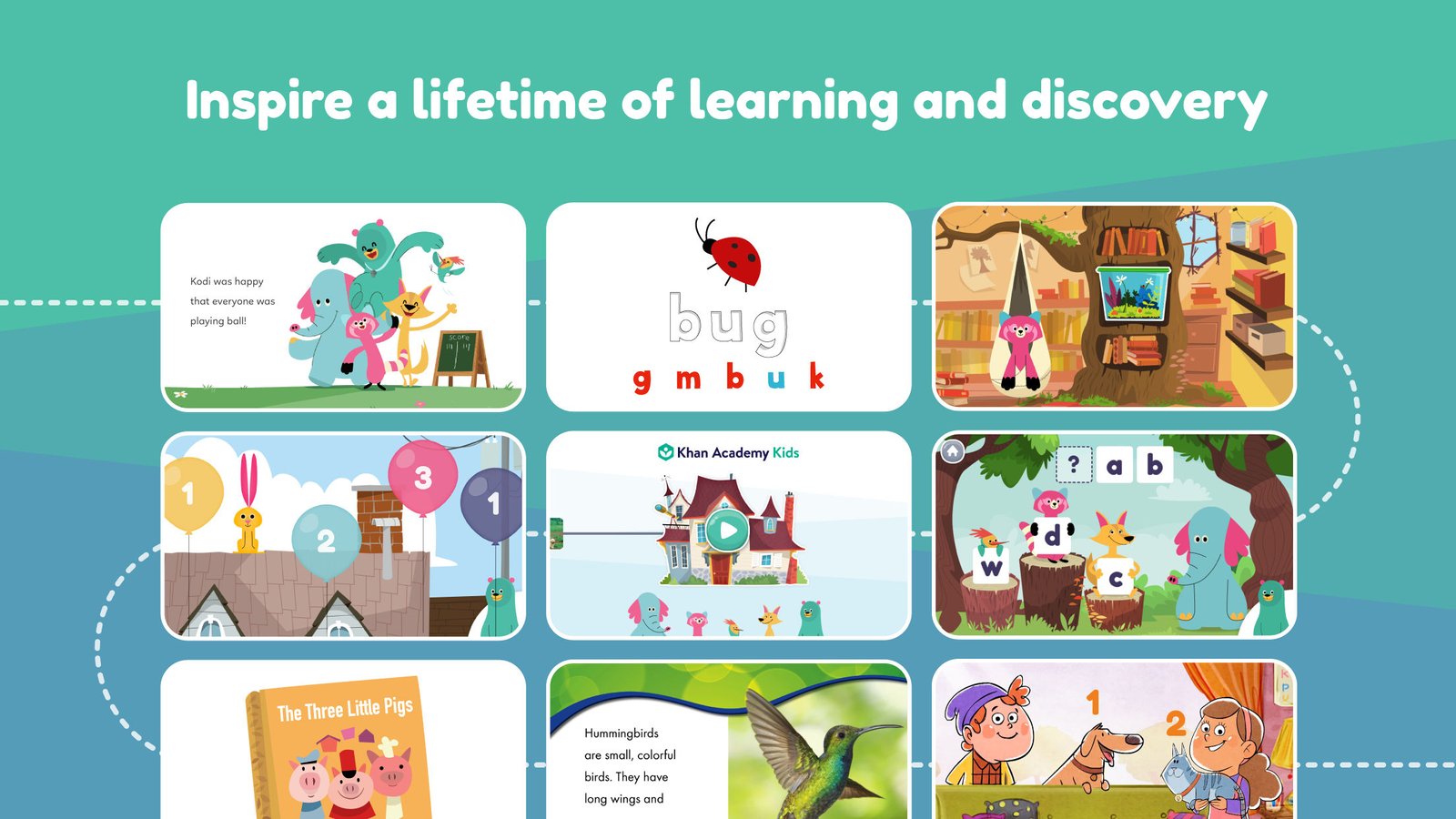
Encourage Exploration: Let kids explore different apps and subjects to discover their interests.
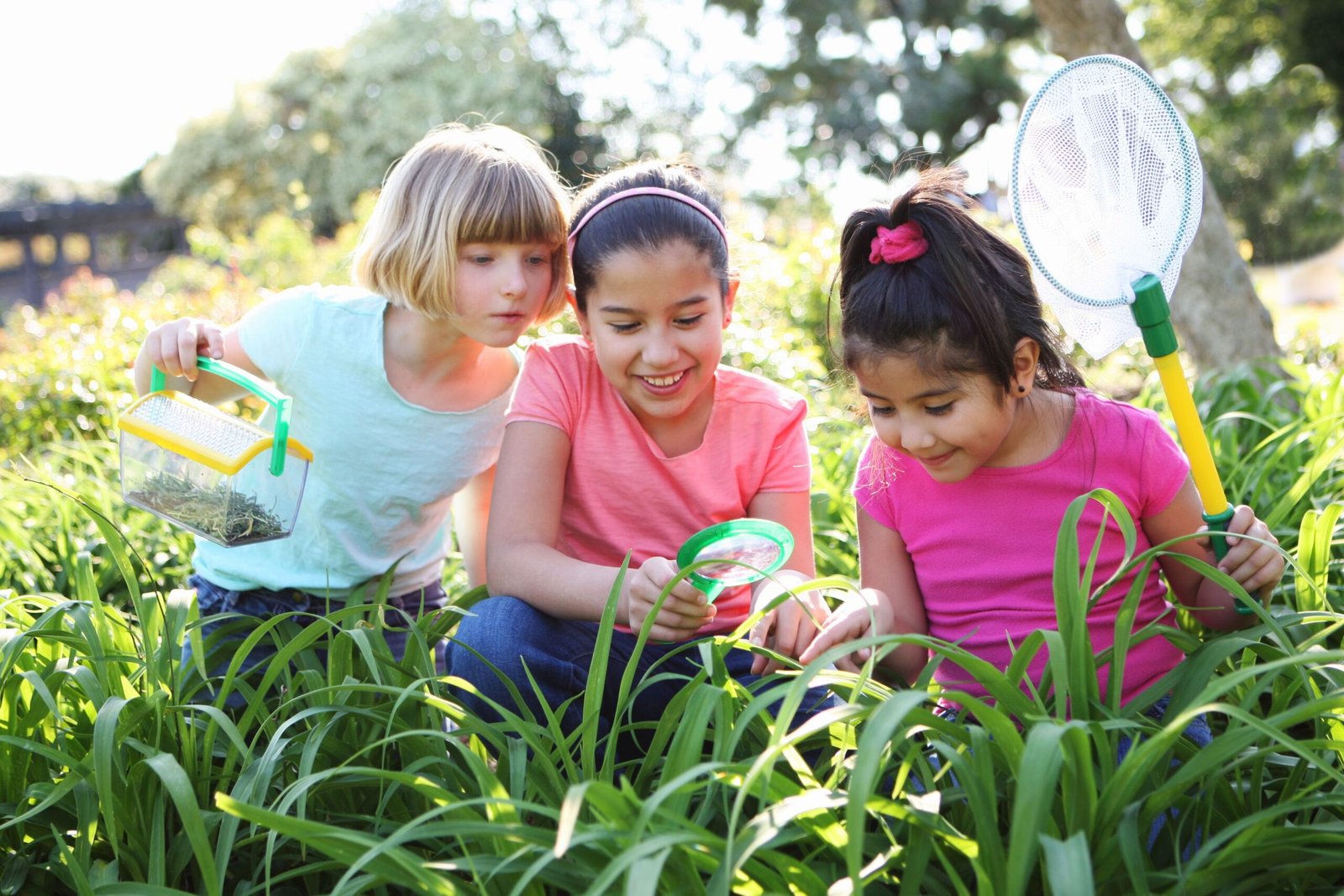
Engage in Learning Together: Spend time with your child using educational apps, discussing their learning, and participating in activities.

Monitor Progress: Regularly check your child’s progress in the apps to ensure they meet learning goals.
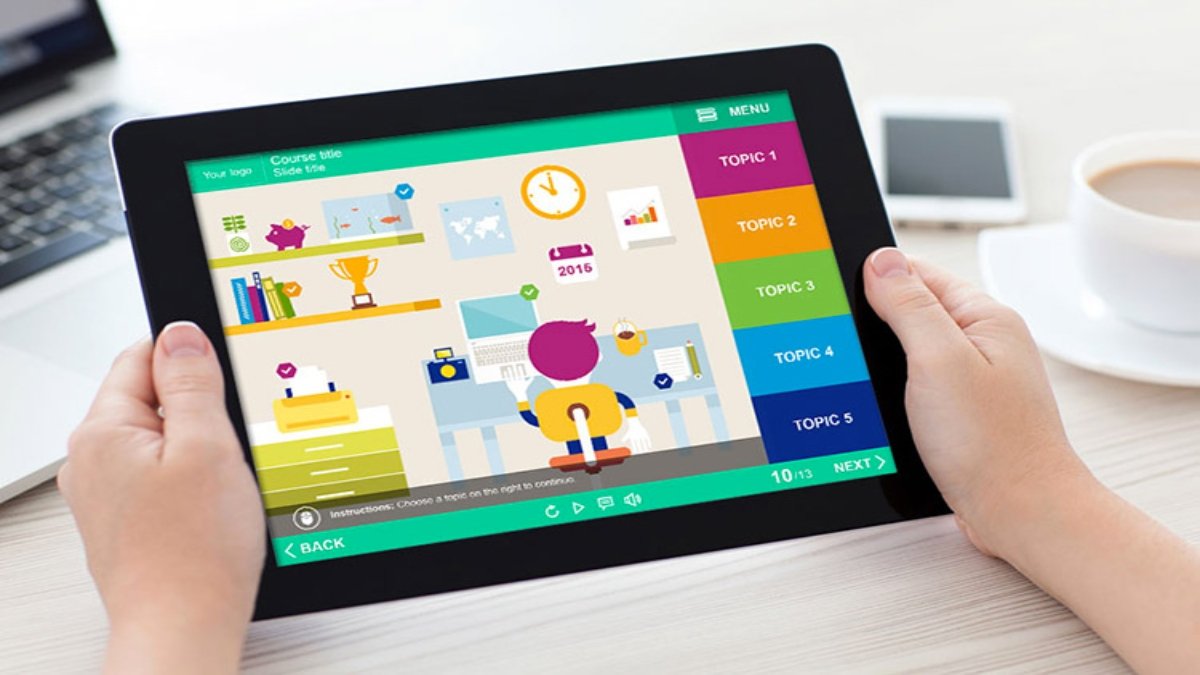
Standard Challenges and How to Overpower Them
Despite the benefits, educational apps can suggest some challenges. One common issue is screen addiction. To avoid this, set clear boundaries on screen time and encourage various activities. Another challenge is ensuring the content is appropriate. Always review apps before letting your child use them, and utilize parental management to intercept damaging range.
The Future of Educational Apps
The future of educational apps is effective, with movements like AI and machine learning poised to revolutionize teaching. These technologies can suggest personalized and adaptive learning knowledge and customized content to a child’s requirements and learning style. Also, virtual and augmented facts could make understanding more incredible and interesting.

Conclusion
Educational apps for kids suggest a unique prospect of making learning fun and engaging. Parents can ensure their children acquire a well-rounded education integrating digital and traditional knowledge by selecting the right apps and executing a grade approach. With the continued progress of technology, the chances for educational apps are endless, pledging a bright future for expertise.
FAQs
Most reputable educational apps are safe, but parents should use parental controls and regularly monitor their children's app usage to ensure safety. Use parental management to set screen time limits and encourage a balanced approach by incorporating non-digital activities. Educational apps cover various subjects, including math, reading, science, languages, and coding. While educational apps are valuable, they should not replace traditional learning. A balanced approach combining digital and offline experiences is recommended. Are educational apps safe for kids?
How can I limit my child's screen time with educational apps?
What subjects do educational apps cover?
Can educational apps replace traditional learning?








